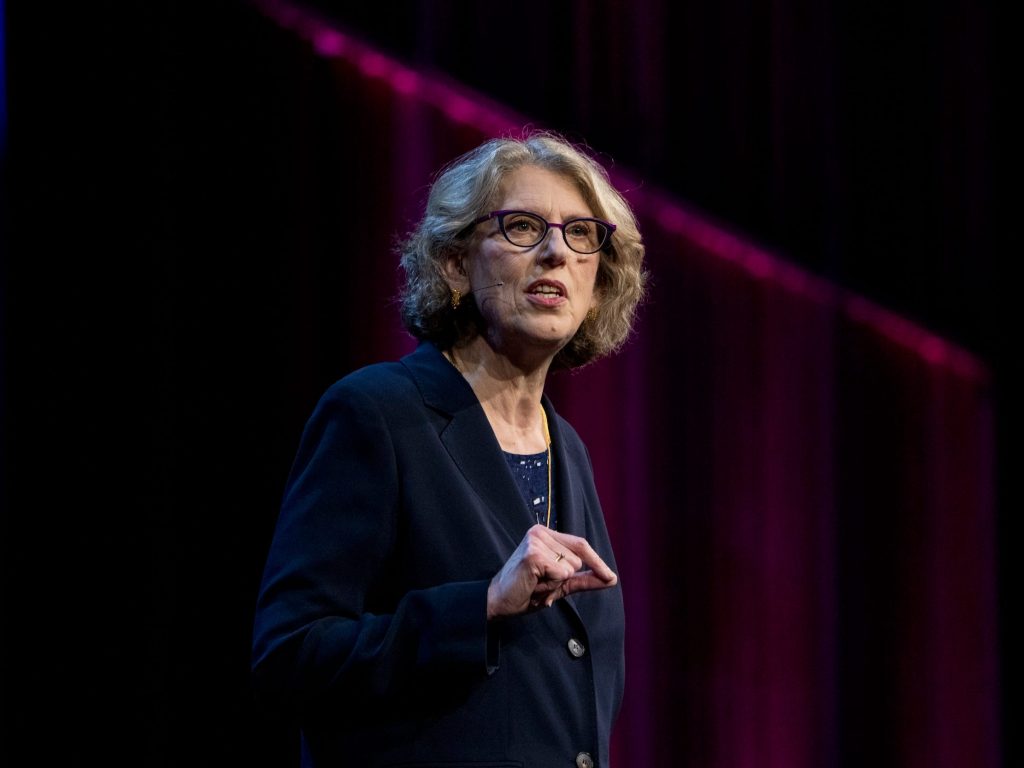- Renowned economist Juliet Schor recently said the pandemic "turbo-charged" the four-day workweek.
- Schor said a growing number of companies are implementing shorter workweeks to retain employees.
- "We have an imperative to face the challenges of our current moment," Schor said.
An economist who has studied how we work since the 1980s said the pandemic "turbo-charged" the four-day workweek movement.
Juliet Schor, a best-selling author and sociologist at Boston College, said many firms are implementing a new way of working, where employees get paid the same and are asked to perform the same amount of work, just in a shorter amount of time.
"A growing number of companies are offering a four-day, 32-hour week, but with five days of pay," Schor said at a conference last week. "It's not a new idea, but the pandemic has turbocharged it."
The COVID-19 pandemic brought about devastating loss of life and major societal changes, which experts said has led millions of Americans to quit their jobs at record-high numbers — a phenomenon known as the "Great Resignation."
Job quitters told Insider they left in search of better work-life balance, higher pay, and to take a stand against unfair working conditions.
Schor said a shorter workweek can offer employees an incentive to stick around. Her research suggests four-day workweeks can decrease employee stress, increase work-life balance, lessen turnover, and lead to a higher-quality talent pool.
Asking workers to come in less can help the planet, Schor said, as less commuting would mean fewer carbon emissions. Plus, when workers are more "time-stressed," they tend to choose faster, more polluting methods of transportation, Schor said.
"There's a lot of talk these days about the future of work and the opportunities that it offers, but there's more at stake here than opportunity," Schor said at the conference. "We have an imperative to face the challenges of our current moment."
The economist used the Boise-based nonprofit Healthwise as an example of a company finding success by recently implementing a four-day workweek.
Healthwise employees were "quitting in droves," Schor said, which led the firm to set up a shorter workweek trial for its employees in August 2021. The company allowed workers to clock in for four days a week, so long as they completed the same amount of work.
Six months later, not only did Healthwise's revenue increase, Schor said, but employees were "dramatically happier" and customer satisfaction scores were "outstanding."
"The well-being of our employees is an extension of our mission, so supporting them, especially during the challenging times of the pandemic," Healthwise CEO Adam Husney said in a statement to Insider. "We're thrilled that in surveying our employees, nearly 95% of them felt the 4-day work week positively impacted their work/life balance and feelings of burnout."

